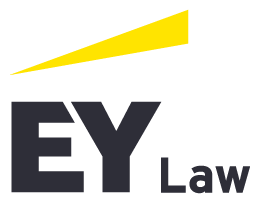
By resolution number 2023-000212, the Labor Court of the III Judicial Circuit of San José determined that the contractual relationship between a driver and the UBER company group was of a labor nature. To determine this, the Labor Court considered the following four elements:
- Remuneration: the relationship was an onerous one, as the company paid the driver a fare or percentage over each trip made. This rate or percentage varied over time by the company’s sole discretion, an aspect that the judge cataloged as an indicator of a labor relationship, since an independent contractor may independently determine the rates.
- Subordination: the judge considered the situation and concluded that the company issued mandatory guidelines and directions to follow when providing the service, e.g.: join a drivers’ club, follow certain standards in relation to the vehicle to be used, a potential temporary suspension act that limited the availability of the driver in case the person did not take 3 requests for trips in a row (which the judge considered as a potential disciplinary measure). can be considered as a kind of disciplinary sanction.
- Personal rendering of the services: only the driver who followed the company’s internal procedures and its guidelines can provide the service, due to the contractual relationship sustained. That is, drivers are unable to delegate the task to any other person of their choice.
- Ajenidad: in the context of modern contractual relations, it has been considered that alienation, after subordination, is the key element in determining that a relationship is of an employment nature. Alienation must be understood as the condition in which the fruits of the tasks performed are attributed to the employer, i.e., that the product of the service rendered does not belong to the employee, but is incorporated directly into the employer’s assets. In this case, the payments are received by UBER and then distributed to the driver under the conditions set by the company. In case of complaints about the service, communication is directly with the company, not with the driver.
The judgment issued is the first instance resolution, so it can be reviewed by means of an appeal before the corresponding instances. Once analyzed in the second instance, the judicial precedent that emerges can influence the nature of relationships under the collaborative economy system, as the second-instance resolution will already be final.
If you require assistance, please do not hesitate to contact our specialized in labor matters.
Laura Navarrete H.
Senior Manager
Labour and Employment Law.


